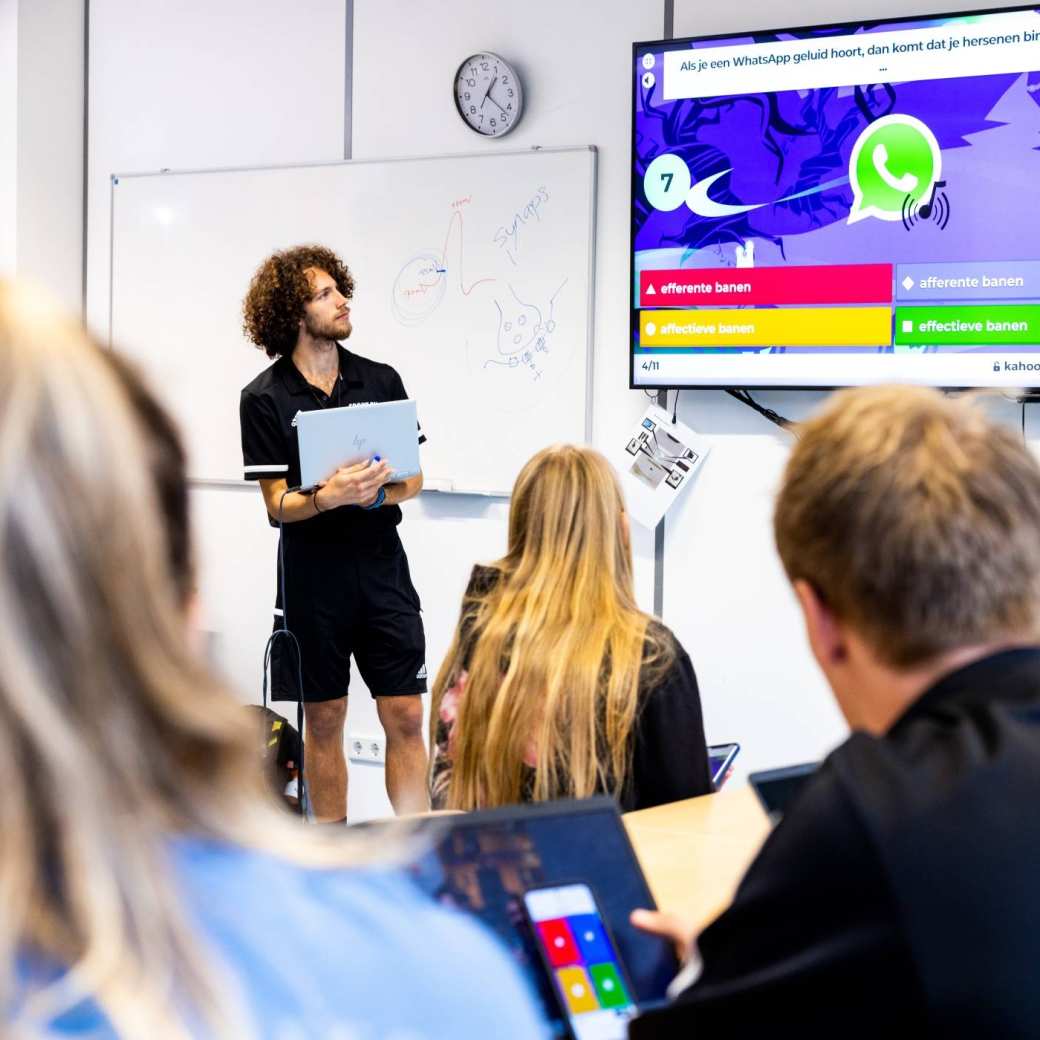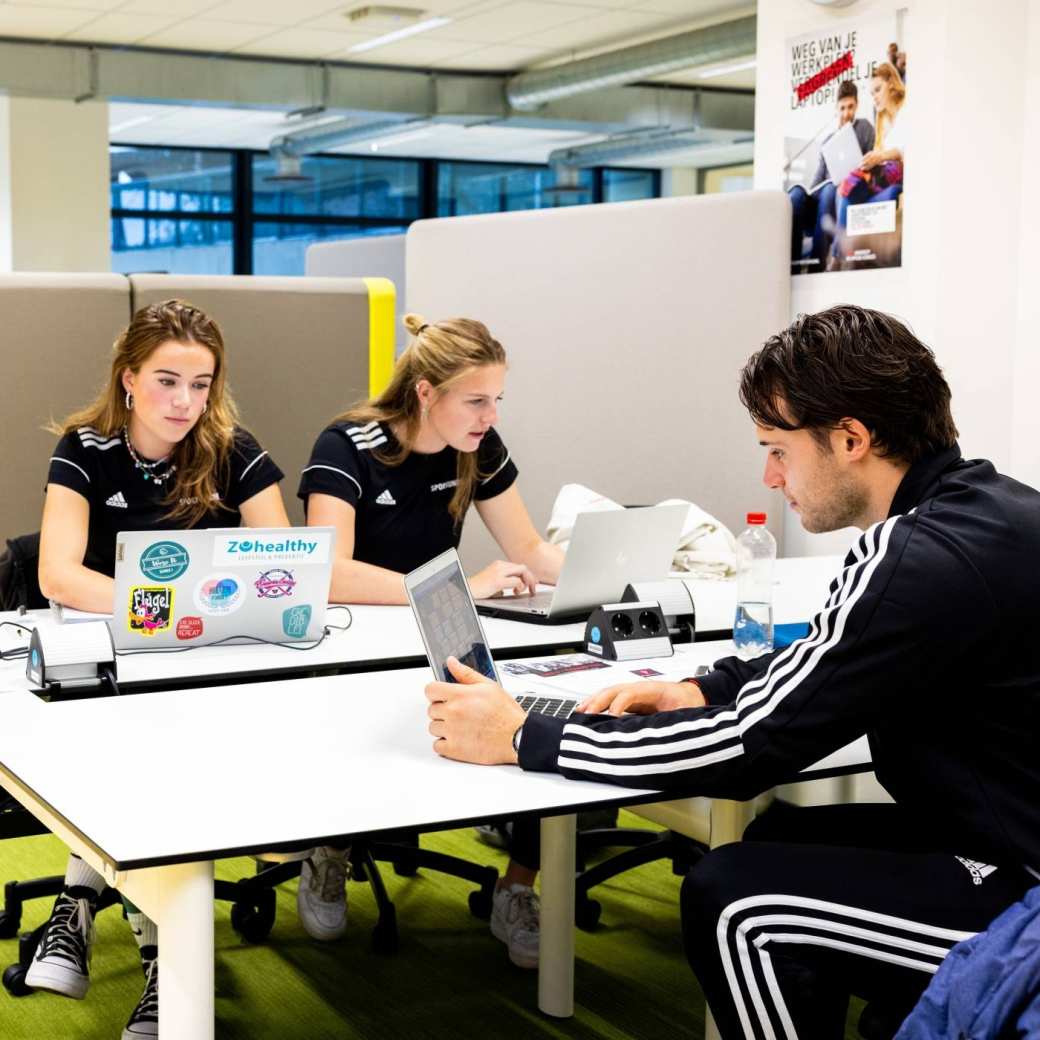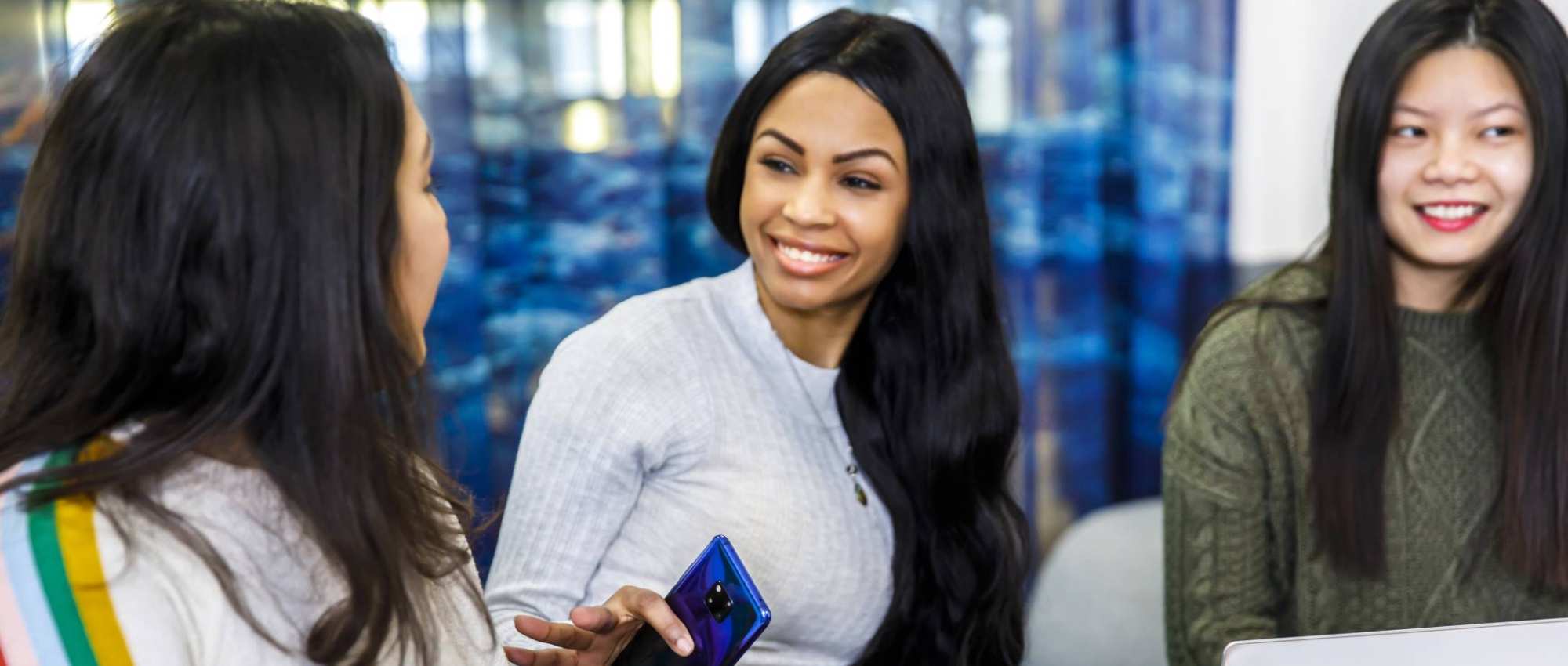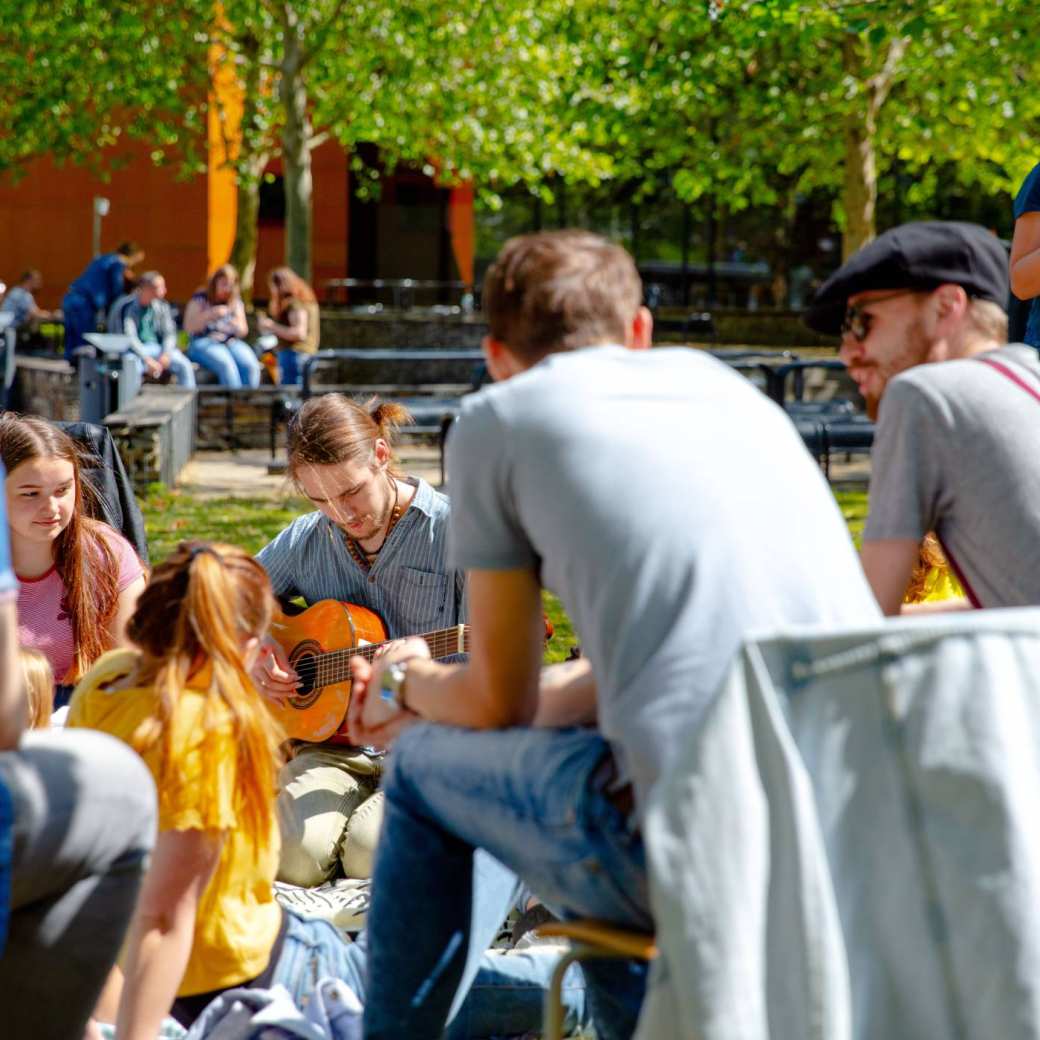Sport Event Marketing
Learn how to create unique sporting events. Draw up a business plan. And carry it out. Manage operations and (online/press) marketing. Learn to create a successful brand. Learn about city and regional marketing. And so much more!

The program in a nutshell
Your classes and workshops are mainly on Mondays, Tuesdays, Thursdays and Fridays. You get a feel for what it takes to organize a sports event. From the ground up.
How to measure the event’s economic impact. Get a good return on investment. You learn about “growth hacking” and “drip email marketing”. You also delve into offline promotion. In short, how to organize a data-driven sports event.
You write up and give presentations. Create a portfolio. And organize field trips for your cohorts. You attend sporting events. Analyze how they’re organized. What you’d do differently.

Program details
Learning outcomes
At the end of this exchange program in Sport Event Marketing you can:
- develop a sport marketing plan for events
- write a bid book for an innovative sport concept
- analyze and calculate the economic impact
- evaluate online marketing campaigns

Competences
You strengthen these competence areas during the program:
- Marketing
- Management
- Quality assurance
- Consulting
- Personal development
- Cooperation
- Cross-border collaboration
- Effective communication

Dutch way of learning
The atmosphere in a Dutch classroom is quite informal and your lecturers are easy to talk to. In fact, at HAN you’re seen as a partner in the learning process. Class sizes are small and your lecturers encourage you to actively participate in class. To ask questions and give your own opinion. They also stimulate you to be creative and to discover things for yourself.

HAN International Intro
Get a good start to your studies during this week of orientation:
- learn about living in the Netherlands
- become familiar with the campus
- get on board with your exchange program
- make new friends!

What about credits and grading?
At HAN we use the European Credit Transfer and Accumulation System, or ECTS. It’s the standard credit system used in higher education across Europe. How does it work? One credit = 28 hours of study. Think of contact hours. Time spent working on assignments. Preparing for exams.
One semester = 30 credits = 840 hours of study. To earn credits, you need to pass your exams. What counts as a pass? A grade of at least 5.5.

Admission
What are the admission requirements? And how do I apply?
